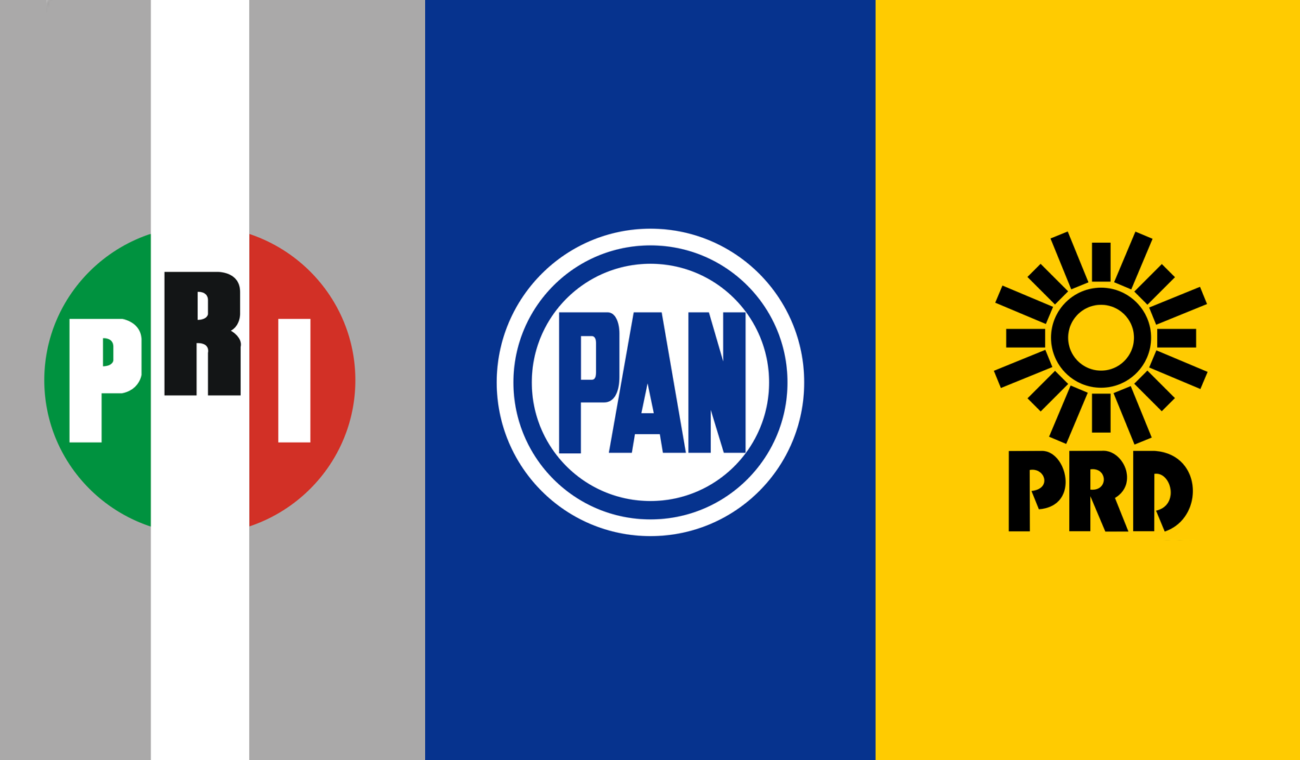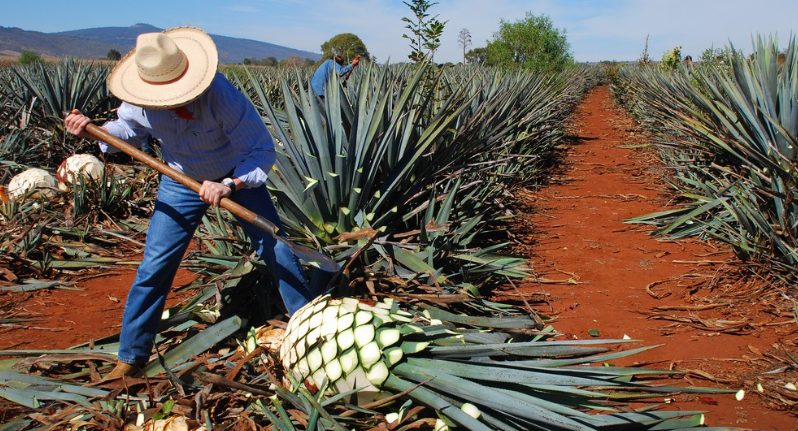In Mexico, political conservatives have long been aligned with the corrupt parties PRI, PAN, and PRD. However, this allegiance has resulted in continuous losses for the conservative movement. In this post, we will explore why it is imperative for political conservatives in Mexico to break away from these corrupt parties in order to gain more influence and drive positive change in the country.
The political landscape in Mexico has been dominated by the Institutional Revolutionary Party (PRI), National Action Party (PAN), and Party of the Democratic Revolution (PRD) for decades. These parties have been plagued by corruption scandals, inefficiency, and lack of accountability. Despite their conservative leanings, aligning with these parties has tarnished the reputation of political conservatives in Mexico. By breaking away from these corrupt entities, conservatives can distance themselves from the negative connotations associated with them and present themselves as a fresh alternative to voters.
Moreover, aligning with corrupt parties hinders the ability of political conservatives to push for meaningful reform and change. These parties are entrenched in a system of cronyism and nepotism that stifles progress and perpetuates corruption. By breaking away from these toxic relationships, conservatives can focus on developing their own platforms and policies that truly reflect their values and priorities. This independence will allow them to attract new supporters who are disillusioned with the current state of Mexican politics.
In addition, Many Mexicans view politicians affiliated with PRI, PAN, and PRD as part of a corrupt establishment that prioritizes self-interest over public service. By breaking away from these tainted associations, conservatives can rebuild trust with voters and position themselves as true advocates for transparency, accountability, and ethical governance.
Furthermore, breaking away from corrupt parties presents an opportunity for political conservatives in Mexico to form new alliances and coalitions that better align with their values and goals. By collaborating with like-minded individuals and organizations outside of traditional party structures, conservatives can broaden their influence and reach a broader base of supporters. This diversification of alliances will strengthen the conservative movement in Mexico and make it more resilient against attempts at co-option or manipulation by entrenched interests.
In conclusion, it is clear that political conservatives in Mexico need to break away from the corrupt parties PRI, PAN, and PRD in order to regain credibility, autonomy, and effectiveness. By distancing themselves from these toxic relationships and forging new paths forward, conservatives can chart a course towards meaningful change and progress in Mexican politics. As a CEO invested in global affairs, understanding this dynamic is essential for navigating business opportunities in Mexico amidst shifting political landscapes. It is time for political conservatives in Mexico to take a stand against corruption and reclaim their rightful place as champions of integrity and good governance.

